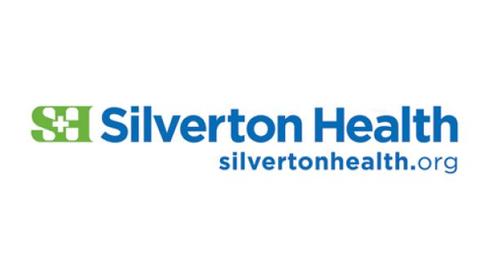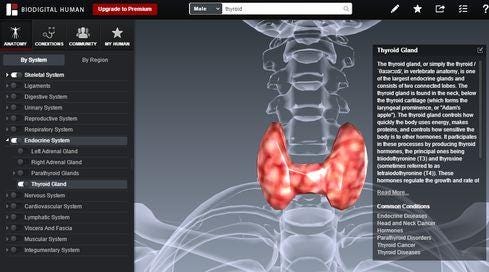Silverton Banks On Analytics For TurnaroundSilverton Banks On Analytics For Turnaround
Oregon healthcare organization Silverton Health hopes sophisticated analytics can help it fight rising tide of patients who don't pay their bills.


9 Healthcare Innovations Driven By Open Data
9 Healthcare Innovations Driven By Open Data (Click image for larger view and slideshow.)
As part of Silverton Health's transition to a managed care provider for 100,000 people, the organization recognized it needed to do a better job of managing both its clinical and financial risk.
Like many regional hospitals, the Oregon healthcare provider faced financial challenges; in 2012 and 2013, it implemented layoffs, management furloughs, service cutbacks, and other changes to combat unpaid emergency department fees and more bills landing in collections, reported Our Town. In fact, since the beginning of 2010, 43 rural hospitals have closed across the nation, USA Today wrote recently.
But Silverton viewed its moves akin to a lifestyle change, president and CEO Rick Cagen told Our Town. "We are not on life support and we are not on the operating table. We are making changes to stay viable and stay in the community," he said. "We are looking at ways to be more efficient and continue to provide great care."
[Steven VanRoekel is now chief innovation officer at USAID agency. Read Former US CIO's New Enemy: Ebola.]
Part of these changes included gaining a better understanding of its patients, Sarah Fronza, senior vice president of care transformation and analytics at Silverton Health, told information. And that required an investment in new technology to glean insight from existing data.
"Ultimately, we needed a solution that could provide us a 360-degree view of our patients that included not only their risk factors, but also real-time clinical data, and claims information to complete the partial picture that we had," she said.
Named one of the country's top 100 hospitals, Silverton uses portals to connect patients with its hospitals and clinics, and Meditech's EHR. But the healthcare organization needed to use this data to both view population information and collect usable information on individual patients, especially those with chronic conditions, said Fronza.
After researching its available analytics options, Silverton chose Arcadia Analytics from Arcadia Healthcare Solutions. Via a Web-based portal, the software uses real-time analysis of more than 150 industry standard and custom measures to track performance management so Silverton can identify gaps in care, plan for patient visits, and conduct cost and utilization analysis.
"Arcadia came to us with a proven track record of managing these types of projects, a proven track record of understanding their clients' needs related to patient population management, and a unique ability to translate their insights into something we could take action on," said Fronza. "Ultimately, Arcadia's ability to understand our needs from a clinical and financial perspective, and understand them better than any other company we looked at as we started down this path, was what set Arcadia above the rest."
Organizations already have a wealth of patient data within their EHRs, Nick Stepro, Arcadia's director of analytics, told information. Unlocking that information -- then using it to improve care and reduce costs -- can be challenging, especially for providers without data scientists on staff, he said. Boston-based Arcadia offers subscription-based access to its internal team of data experts, or simply provides clients with data. It integrates data from more than 20 EHRs and claims data, uses Google Maps, and incorporates disease registries, a longitudinal patient summary, and population filters to identify high-cost and high-risk patients.
"Arcadia Analytics gives us the ability to better manage our patients with chronic conditions and how we provide preventive services in a global way," said Fronza. "Not only can we look at population-level information, but we can drill down into a user-friendly view of specific patient or encounter information. Further, it lets us target our financial risk with laser accuracy and balance that with utilization information and a care management suite that enables us to stay ahead of healthcare reform by maturing our accountable care model."
The owners of electronic health records aren't necessarily the patients. How much control should they have? Get the new Who Owns Patient Data? issue of information Healthcare today.
Read more about:
2014About the Author
You May Also Like






